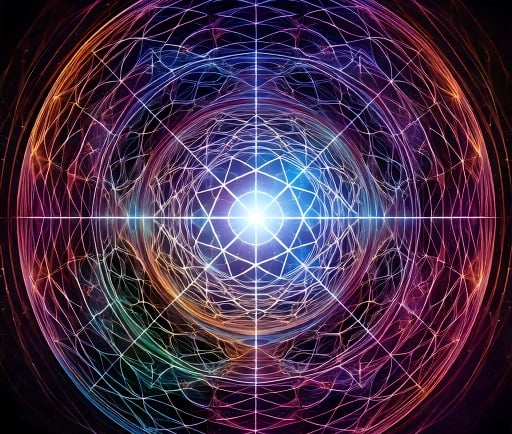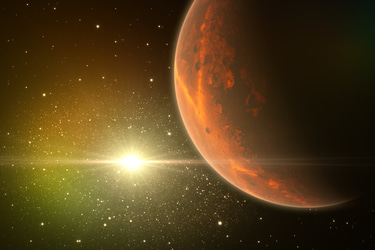The Loop Quantum Gravity: Unifying Space and Time


Introduction to Loop Quantum Gravity
Loop quantum gravity (LQG) is an innovative theoretical framework that seeks to bridge the realms of quantum mechanics and general relativity. By doing so, it provides a comprehensive perspective on the fundamental structure of spacetime. Unlike traditional approaches, which rely heavily on familiar concepts from classical physics, LQG presents a revolutionary construct where space and time are portrayed not as continuous entities but as discrete, quantized structures. This theory challenges our conventional understanding of the universe and encourages a deeper inquiry into the fabric of reality.
The Key Features of Loop Quantum Gravity
At the heart of loop quantum gravity is the notion that the geometric properties of spacetime can be described by loops of quantum fields. This framework radically alters our perception of gravitational interactions. Unlike previous models, which treated spacetime as a smooth continuum, LQG posits that space is composed of tiny, indivisible loops woven together in a net-like structure. These loops effectively replace the traditional points in spacetime, allowing for the quantification of both space and time.
Moreover, one of the most compelling implications of loop quantum gravity is the idea that time itself can be understood in a fundamentally different manner. Instead of viewing time as a static backdrop for events, LQG suggests that time is intimately tied to the events that unfold within the universe. This leads to a striking conclusion: time, rather than being an independent line, is inherently woven into the fabric of space, creating a dynamic interplay between the two.
Implications and Future Directions
The implications of loop quantum gravity extend beyond theoretical physics; they usher in new avenues for experimental validation and technological advancement. By re-examining our assumptions about the universe, LQG inspires physicists to explore new phenomena that could be revealed through high-energy experiments or astronomical observations. For instance, the quantization of black holes and the behavior of spacetime at the Planck scale could provide crucial insights into the fundamental nature of reality.
As research continues to advance within this domain, the potential for loop quantum gravity to reshape our understanding of the universe remains significant. It poses thought-provoking questions about the origins of spacetime, the nature of black holes, and the very essence of gravity itself. In the search for a unified theory of physics, LQG stands as a formidable contender, offering a coherent description that could revolutionize our comprehension of the cosmos.
In conclusion, loop quantum gravity represents a bold and transformative step in the quest to reconcile the seemingly incompatible theories of quantum mechanics and general relativity. By illuminating the intricate relationship between space and time, LQG invites a deeper exploration into the mysteries of our universe, heralding a new era of scientific inquiry.
